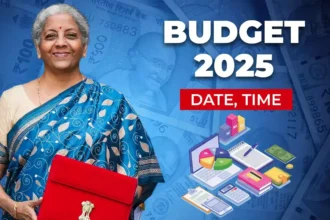Financial education is crucial for youngsters to help them make informed decisions about their money, investments and future. With the increasing cost of living, it’s imperative that young people learn about personal finance from an early age.
Financial literacy includes understanding concepts like budgeting, saving, investing, and credit management. This knowledge can help young people avoid debt, save for their future, and create financial stability for themselves.
One way to start teaching financial literacy to young people is by setting a budget and teaching them to stick to it. This helps them learn to prioritize their expenses, understand the value of money and make smart choices. In addition, it’s important to discuss the importance of saving and to encourage young people to start putting aside a portion of their income for emergencies and long-term goals.
Investing is another important aspect of financial literacy. Young people can learn about various investment options, such as stocks, bonds, mutual funds and real estate, and understand the benefits and risks associated with each. A key part of investing is understanding the power of compounding, which is the ability of an investment to generate returns over time.
Credit management is also an important aspect of financial education. Young people should understand how credit scores are determined and how to maintain a good credit history. They should also learn about the dangers of credit card debt and how to use credit cards responsibly.
In conclusion, financial education for young people is crucial for their financial wellbeing. By learning about budgeting, saving, investing, and credit management, young people can make informed decisions about their money and set themselves on a path to financial stability. Encourage young people in your life to seek out financial education resources, whether it’s through books, online courses, or seminars, and help them develop a strong foundation of financial literacy.







